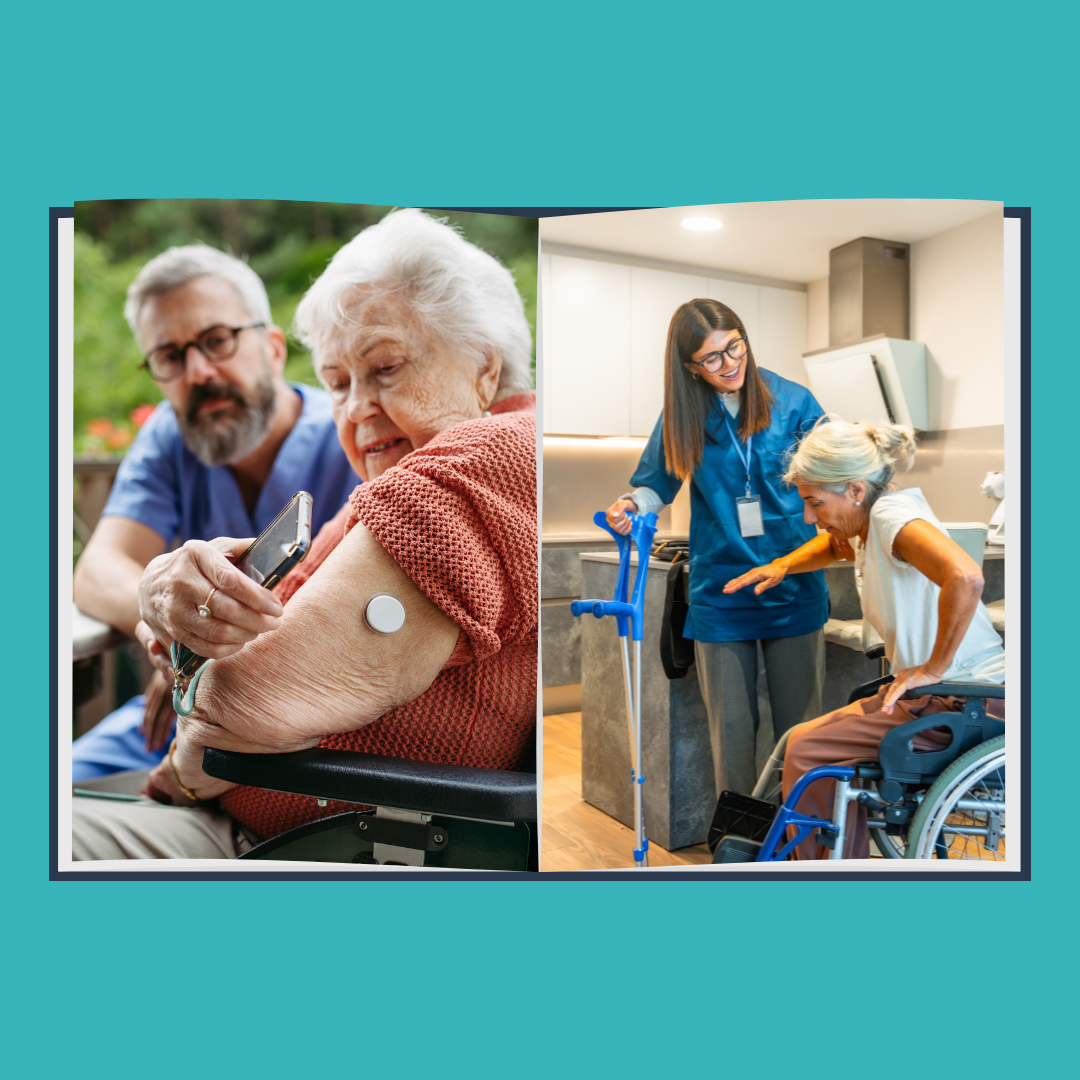New Paragraph
Reminiscing and Remembering: How In-Home Care Can Help Seniors with Dementia
Dementia is a condition that affects millions of seniors worldwide, causing a decline in memory, thinking, and the ability to perform every day activities. While it can be a challenging journey for both seniors and their families, there are ways to make life more meaningful and enriching for those living with dementia. One such way is through reminiscing and remembering, with the compassionate support of caregivers and in-home care services.
Understanding Dementia and its Impact on Memory
Dementia is a general term for a decline in cognitive function severe enough to interfere with daily life. Alzheimer's disease is the most common type of dementia, but there are many other forms, including vascular dementia, Lewy body dementia, and frontotemporal dementia. One of the hallmark symptoms of dementia is memory loss, which can range from forgetfulness to the inability to recall significant life events or recognize loved ones.
The Importance of Reminiscing for Seniors with Dementia
Reminiscing, or the act of recalling and sharing past experiences, can have profound benefits for seniors with dementia:
- Stimulating Memory: Talking about past experiences can help stimulate the brain and improve cognitive function. Even if a senior cannot remember recent events, they may still recall distant memories.
- Emotional Connection: Reminiscing can foster emotional connections between seniors and their caregivers or family members. Sharing stories from the past can bring joy and a sense of belonging.
- Boosting Self-Esteem: Remembering accomplishments and happy moments can enhance a senior's self-esteem and sense of identity.
- Reducing Anxiety: Familiar stories and memories can provide comfort and reduce anxiety or agitation in seniors with dementia.
How Caregivers Can Facilitate Reminiscing
Caregivers play a crucial role in helping seniors with dementia reminisce and remember. Here are some effective strategies caregivers can use:
- Create a Comfortable Environment: Ensure a calm and comfortable setting that encourages relaxation and openness. This could be a cozy corner with familiar items like photographs, memorabilia, and favorite objects.
- Use Memory Aids: Incorporate memory aids such as photo albums, scrapbooks, music, and videos from the seniors' past. These tools can trigger memories and spark conversations.
- Engage in Active Listening: Show genuine interest in the senior's stories and experiences. Ask open-ended questions and listen attentively, providing gentle prompts if needed.
- Incorporate Sensory Experiences: Use sensory stimuli such as familiar scents, sounds, and textures to evoke memories. For example, the smell of baking cookies or the sound of a favorite song can trigger recollections.
- Encourage Creative Expression: Encourage seniors to express their memories through creative activities like drawing, painting, or writing. These activities can provide a sense of accomplishment and joy.
The Role of In-Home Care Services in Supporting Seniors with Dementia
In-home care services provide personalized support that can significantly enhance the quality of life for seniors with dementia. Here's how in-home caregivers can make a difference:
- Personalized Care Plans: In-home caregivers develop individualized care plans tailored to the specific needs and preferences of the senior. This includes activities that promote reminiscing and memory stimulation.
- Consistent Routine: Maintaining a consistent daily routine is crucial for seniors with dementia. Caregivers help establish and adhere to routines that include time for reminiscing and enjoyable activities.
- Emotional Support: Caregivers offer emotional support and companionship, creating a trusting relationship that encourages seniors to share their memories and feelings.
- Physical Assistance: In-home caregivers provide assistance with daily tasks, such as bathing, dressing, and meal preparation, allowing seniors to focus on enjoyable activities without the stress of managing their physical needs.
- Safety and Supervision: Caregivers ensure a safe environment, reducing the risk of accidents or wandering, this is common in seniors with dementia. This provides peace of mind for families, knowing their loved ones are secure.
Practical Tips for Families to Support Reminiscing at Home
Families can also play an active role in supporting their loved ones with dementia by incorporating these practices into their daily lives:
- Dedicate Time for Reminiscing: Set aside regular time to engage in reminiscing activities. This could be during meals, before bedtime, or during a relaxing afternoon.
- Celebrate Life Stories: Celebrate your loved one's life by creating a memory wall or a digital slideshow of significant life events and cherished moments.
- Participate in Activities Together: Engage in activities that your loved one enjoys and that may trigger positive memories, such as gardening, cooking, or listening to music.
- Stay Patient and Positive: Be patient and maintain a positive attitude. Understand that memory loss can be frustrating, and offer gentle encouragement and reassurance.
Reminiscing and remembering are powerful tools in enhancing the quality of life for seniors with dementia. With the support of dedicated caregivers and in-home care services, seniors can find joy and connection in recalling their past experiences. By creating a nurturing environment and engaging in meaningful activities, caregivers can help seniors with dementia feel valued, respected, and loved. As families and caregivers work together, they can ensure that their loved ones receive the compassionate care they deserve, making each day a little brighter and more meaningful.









